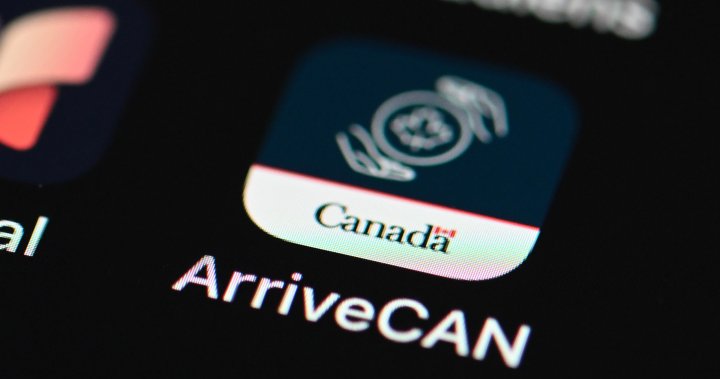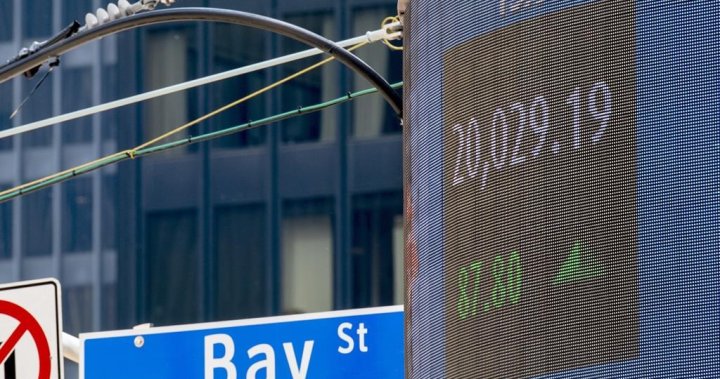A partner at GC Strategies – the IT firm at the centre of the ArriveCan scandal – says his reputation has been damaged by “false information” and what he calls an “inaccurate” report by the auditor general.
Kristian Firth, one of two men behind the company, appeared before a House of Commons committee studying the problem-plagued program.
“Virtually everything reported about my company in the media and stated about me and my company has been false,” Firth told MPs Wednesday.
“The amounts paid to GC Strategies are not the astronomical amount being claimed by some,” he said in his opening remarks.
Firth says his company was paid $11 million for ArriveCan, disputing the auditor general’s findings that GC Strategies received almost double that: $19 million.
He also testified that he has never been contacted by the RCMP about the program.

The government hired GC Strategies to build the pandemic-era app, which collected information on traveller vaccination status and COVID-19 testing while restrictions were in place. The company then subcontracted the work to several companies.
Breaking news from Canada and around the world
sent to your email, as it happens.
Breaking news from Canada and around the world
sent to your email, as it happens.
Firth testified that after paying subcontractors and expenses, he took home $2.5 million in profits for the program, which he worked on for about “30 to 40 hours” a month.
His company is now suspended from bidding on federal contracts and its security clearance has been put on pause.

The decision came weeks after auditor general Karen Hogan released a damning report finding the government spent at least $59 million on ArriveCan, but that it was impossible to determine the final amount because of a “glaring disregard” for basic management practices.
The auditor general called the project one of the worst examples of financial record-keeping she has ever seen and found scant explanation as to why GC Strategies – a small consulting firm – was awarded the initial contract.
“There was little documentation or proof as to why they were selected or how they had the skills and competencies to deliver on the contract,” Hogan said last month.
The RCMP said it is examining her findings.
Ottawa launched ArriveCan in April 2020 to track health and contact information for people entering Canada. But it led to long waits at airports and technical glitches, and forced thousands of people to quarantine by mistake.
Firth told the committee he still thinks the app was a success.
“I think it did exactly what it was supposed to,” he said.
More to come…
© 2024 Global News, a division of Corus Entertainment Inc.





